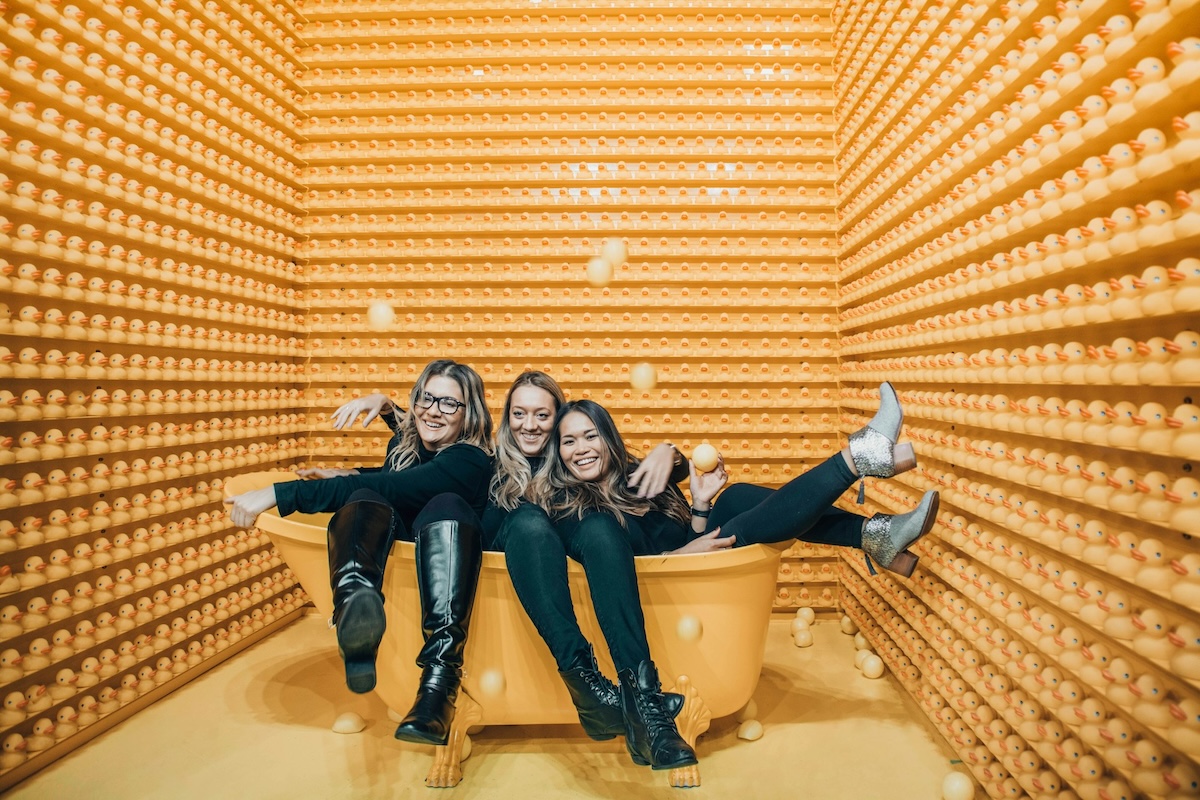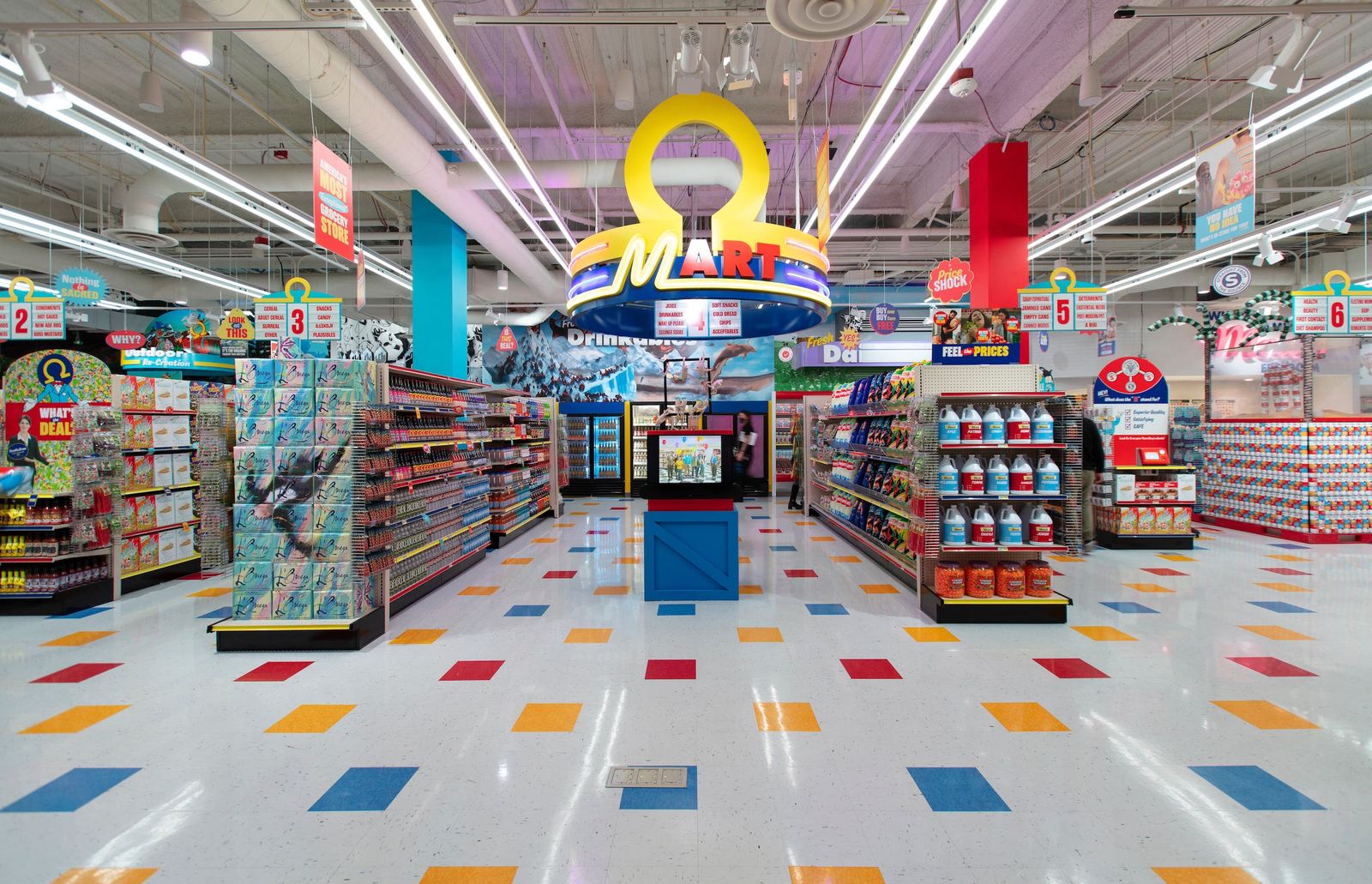Skift Take
For digital storytelling to be compelling, event planners do not necessarily need to use or rely on the latest technology. By finding new creative uses for existing tech, digital events can tell stories with impact.
With virtual and hybrid events now firmly rooted in the industry, event planners have had to level up digital event design and content strategies while harnessing a good dose of creativity to meet market demands for more immersive event experiences.
Crafting a stellar narrative is an effective way to produce these enhanced gatherings. Numerous studies have shown the value of storytelling in human learning, inspiration, and relation to others — improving overall connection and engagement.
But for stories to come alive within a virtual or hybrid event space, planners must master the skill of digital storytelling, in which technology plays a significant role.
Technology and Storytelling
New tech innovations like holograms, 3D, virtual, augmented reality and even artificial intelligence (AI) have all placed a fresh spin on digital storytelling, comprising rich visual and interactive aspects.
Technology is an important tool used to immerse people in a story. Walt Disney World’s new Star Wars:Galactic Starcruiser hotel is a prime example of this. Companies like Interactive Imagination, are creating exhibits featuring interactive hologram displays. Smart glasses may not have hit the mainstream yet, but have an obvious future in supporting immersive storytelling.
New tech can have drawbacks, particularly if there is added cost or the tools are untested. There is a good case for event planners to refrain from implementing all the “bells and whistles” of new technology, and focus on older technology to tell stories with impact.
The Octopus
Repurposing “old” or existing technology for new creative uses has benefits; many planners, attendees, and clients are already well-versed in different event and marketing platforms. Further, using existing tech to do new things demonstrates ingenuity and innovation, as seen with “The Octopus.”
Conceptualized by Cock and Bull Arts, an experiential arts group founded in 2009 by Chris Garcia Peak, The Octopus is a choose-your-own-adventure production created with Typeform.
Besides the compelling visuals combined with an intriguing narrative and high-quality production, perhaps one of the most interesting aspects of The Octopus is the project’s demonstration of using existing tech to tell stories differently.
Typeform is an advanced survey system. By repurposing the platform’s use, the team behind The Octopus produced something closer to an immersive gamification storytelling experience. In other words, the capabilities already existed in the tool, but very few were using it this way.
This new use of existing tech resulted in a ripple effect of brand recognition, engagement, and becoming a focal point across various media outlets — something that event planners aim for when creating event narratives.
Potential downsides
While repurposing existing tech for new creative uses may be a worthwhile option, it has possible downsides.
For one, although the logic programming on the Typeform platform is easy enough for a non-programmer to use, creating the narrative of The Octopus took an impressive amount of effort and logic mapping; something event planners may see as an unnecessary task or outside their scope of work.
Further, additional production resources, such as actors, copywriters, and sound design, must be considered alongside adequate tech support and knowledge from external suppliers.
And while The Octopus may seem random to some — which is part of the allure — it is intentional, meaning planners must have a thorough understanding of purpose, objectives, and audience regarding digital storytelling and style.
End Game
While The Octopus may appeal to a different audience segment, planners can take notes from the project’s unique storytelling approach of using existing technology differently. As an online post on The Octopus said, “It’s not an easy game to describe: you just have to play it for yourself!”
These innovative digital event experiences are what capture audience imaginations, enhance engagement, and create memorable stories people take with them far beyond the end of an event; what the industry should seek to replicate in the realm of digital event storytelling.





